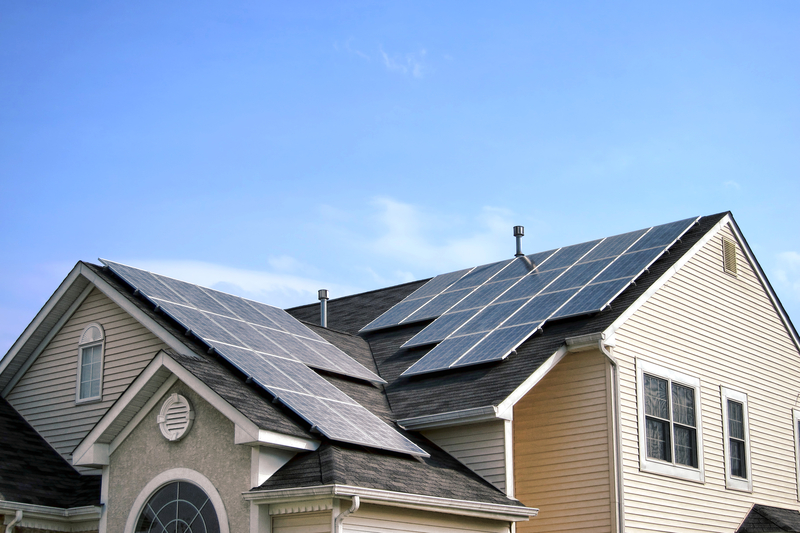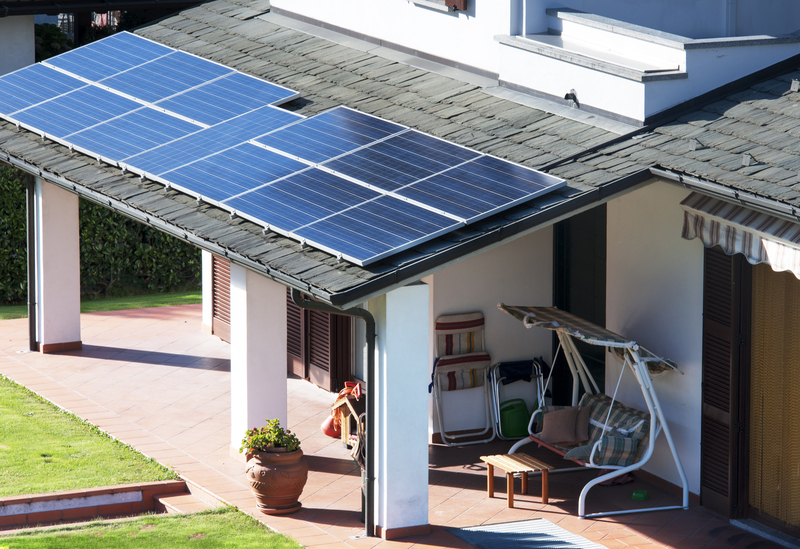This article is your complete guide on solar power advantages and disadvantages 2024. Since solar energy is on the rise, many people have been wondering about solar benefits and disadvantages. Solar energy is a big investment, so it is important to make sure it is right for you before making your decision. That’s why we are going to highlight all of the benefits and disadvantages to solar energy.
Here at The Energy Professor, we want to give you the information you need to not only save money on your energy bill but to also become more energy efficient. We hope find this post helpful! And makes it easier for you to know more about hydroelectric power. Be sure to also check out our one-of-a-kind energy savings calculator!
The Energy Professor Electricity Rate Check Tool
Advantages and Disadvantages Solar Energy 2024

There are many reasons why solar might be interesting to businesses or homeowners, as energy pricing is increasing and self-sufficient energy is becoming more popular. Since solar energy is a rather large investment, it is smart to know the advantages and disadvantages of solar energy. There is so much more involved than just installing them on your roof, so before making the switch let’s cover the most important, the positives and negatives of solar power.
What are solar power’s advantages and disadvantages?
Here is a complete list of all of the solar power disadvantages and advantages. Later in this article, we are going to go more in-depth to the most important solar advantages and disadvantages for 2024!
Advantages of Solar Energy
- Solar energy is renewable and clean energy
- Solar energy requires almost no maintenance after installed
- Reduce your dependence on fossil fuels and nonrenewable resources which are depleting
- Solar panels can last up to 30 years without needing major repairs since there are no moving parts inside of them
- Solar panels do not cause pollution
- There are grants, rebate programs, and rather large tax incentives for those looking to get solar panels
- There are options to lease solar panels
- Solar can offer a large return on investment due to how much energy they can produce
- Excess power can be sold back to energy companies for credits if you’re tied to the grid
- Even on cloudy days, solar energy can be produced
Disadvantages to Solar Energy
- The initial costs to install solar panels can be quite expensive, even though solar is more affordable now than ever.
- Solar energy cannot be produced at night, so you will have to have a battery to store that energy. Those batteries tend to be rather large so it might be difficult to store.
- The aesthetic is not attractive to some, as they are large and have to be on your property
- Although energy can be created on cloudy days, if your climate is consistently cloudy your panels will not produce as much energy.
- Even though solar panels do not pollute, the production, transportation, and installation still produce greenhouse gasses. Therefore, they aren’t completely pollution-free.
Related post: Complete Guide on Solar Leasing
What are the Best Advantages of Solar 2024?

Best 3 advantages of solar energy for 2024:
- Save money on your energy bill
- Incentives
- Renewable energy resource
Renewable energy resource
One of the best advantages of solar energy is that it is a clean and renewable energy source. That means, as long as the sun is shining, we can harness the energy of it, unlike fossil fuels which are diminishing. When using solar panels, you will emit greenhouse gases and are virtually pollution-free. That means lowering your carbon footprint and helping fight against climate change by purchasing solar panels.
Reducing your energy bill
A huge advantage of solar energy is that your energy will be much lower when making the switch. Investment in solar panels can sometimes be so large, that owners can receive credits back for producing more energy than they use. Savings depend on the size and capacity of the solar unit, but either way, your monthly bill will be lower with solar.
Incentive tax programs
A benefit of solar energy that cannot be ignored is the tax incentives that come along with it. This advantage of solar is important as it can have a major effect on how much your initial installation costs might be. Homeowners who had solar panels installed in 2020 and 2021 can get a 26% tax credit back, whereas those installed in 2022-20220243 can get up to 30% federal tax credit back. Solar incentive tax programs do expire and can change every couple of years.
Related post: What is a Solar Power Purchase Agreement?
What are Disadvantages of Solar Energy 2024?

3 disadvantages of solar energy
- Pricey upfront costs
- Weather and light-dependent
- Professional installation
Very expensive upfront costs
Unfortunately, the initial price of purchasing a solar system can be a major disadvantage for those looking to install it. Pricing on solar energy has decreased significantly over the years, but not quite enough to be affordable for an average family. The savings of your solar panels will be more than worth what you’d pay to install them but still is not feasible for everyone.
There are many components to solar panels, not just the panel itself, which are all required to be paid for before they are installed. Some people use solar leases to fund a new solar installation on their home, but there are also downsides to that option, as well. It is also becoming more common for banks to have financing options for those looking to purchase solar panels.
Weather and light dependent
Since solar panels harvest their energy directly from the sun, it is important that your region receives as least a portion of sunlight throughout the year. Rainier or cloudier days don’t produce energy as well as sunnier days, so if the majority of the year has rain they might not work well. With that being said, solar panels do still produce energy on those days with cloud cover.
Luckily, if your panels produce more energy in the summer months than what you need for your home, it can be stored for the rainy months.
Installation can be a hassle
Since solar panels are a large piece of technology, there is a lot of planning that has to go into the installation. They are not a product you can purchase and put on your roof yourself. There is a whole process when understanding your solar panel needs when it comes to the space needed for installation, shade level, orientation, or even if your house can harbor panels.
If you have many tall shade-producing trees or a small or unconventional roof, you may not be able to get solar panels installed.
Related post: What do Tesla Solar Panels Cost?
Solar Power Advantages and Disadvantages FAQ
Q: What are some disadvantages of solar energy?
A: Some disadvantages of solar is that they do have expensive start-up costs even with the federal tax credits offered. Another disadvantage of solar energy is that you have to have them professionally installed and unfortunately cannot do it yourself.
Q: What is the limitations of solar energy?
A: While weighing the solar power advantages and disadvantages, the major limit of solar is really the cost of them. Even though you will save money in the long run on your energy bill, solar panels are very expensive to initially install.
Q: What are two advantages of solar energy?
A: Two of the biggest advantages of solar energy are that they will save you big on your energy bill and there are helpful solar tax incentive programs to help you get them installed. Of course, solar panels are also a renewable energy resource, which reduces your dependence on fossil fuel which is a major advantage.
We hope you found this article helpful! If you are looking for ways to increase the energy efficiency and sustainability in your home be sure to take a look at all of the latest renewable energy options in your area. The Energy Professor helps residential and small business owners find qualified energy suppliers in New York, New Jersey, Pennsylvania, Texas, Ohio, Maryland, Illinois, and Massachusetts!

